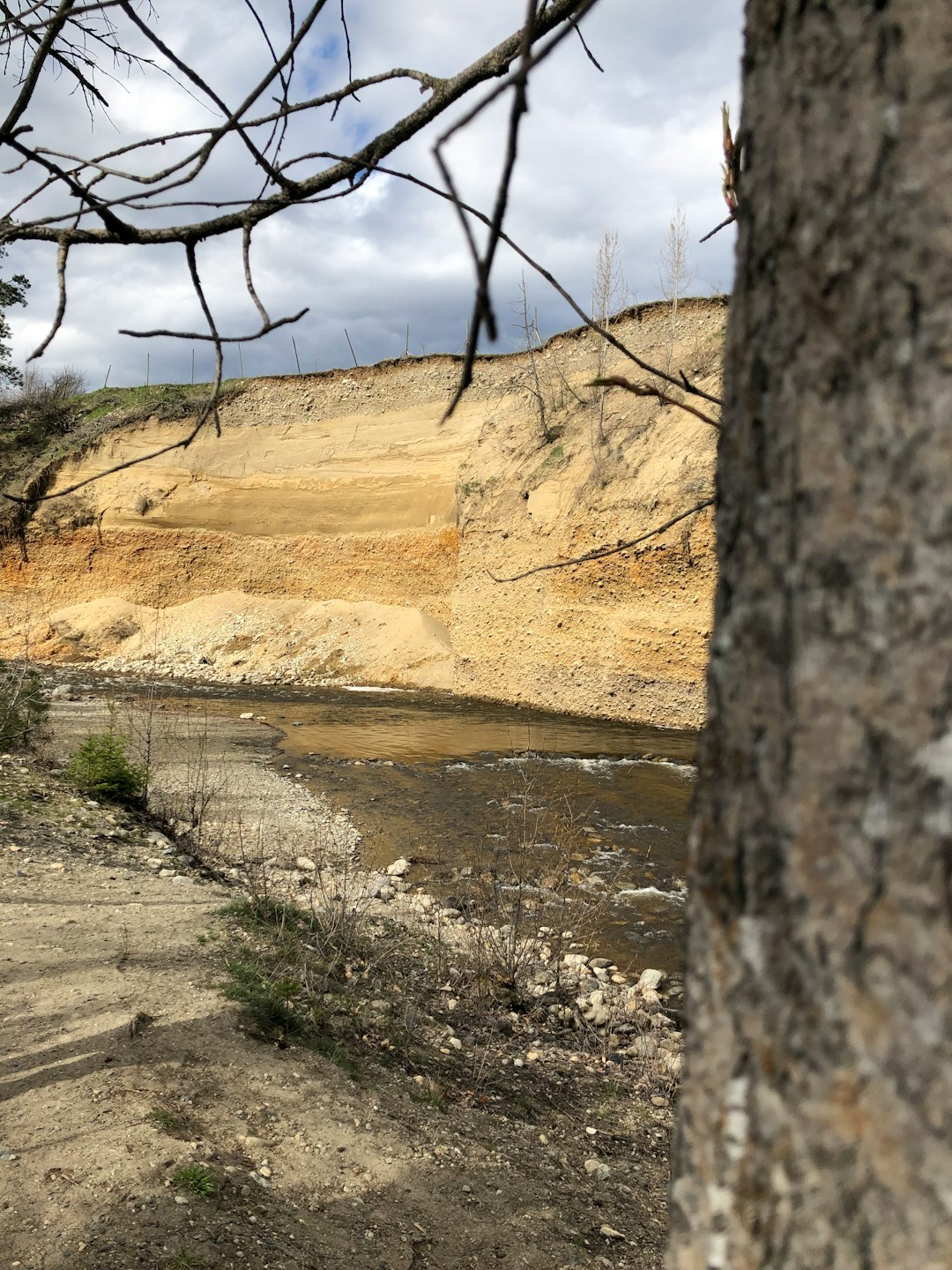

Impression are type in real estate, and this stands also truer in the affordable Hawaiian market. Beginning by tackling any needed fixings— both significant and small. A leaky tap or a squeaky door may not look like a dealbreaker, but it can be a turn-off for prospective customers. Make certain the property’s features, such as cooling or a pool, are in superior condition, as these are highly prized in the exotic climate.
Presenting your home can also play a crucial function. Improve the natural charm of your environments by taking full advantage of natural light and complementing the interior with exotic plants. Keep in mind, purchasers aren’t simply buying four wall surfaces and a roof; they’re purchasing right into a lifestyle— one that’s synonymous with relaxation and all-natural elegance.
Moreover, think about an expert assessment. Not just does this demonstrate transparency, yet it additionally provides you a possibility to deal with problems prior to they appear in purchaser evaluations, perhaps derailing an offer later.
Marketing land in Hawaii can represent among the extra considerable financial deals you take part in. Undoubtedly, the decision to offer is never made lightly, and it's important to approach this task with a singularity of purpose and preparation. To convert your land right into rapid money, you have to offer your residential or commercial property as not simply a parcel however as a portal to the way of living and serenity that Hawaii assures.
It's essential to understand that offering land differs significantly from marketing created buildings. A home provides concrete credit to entice buyers, such as bed rooms, bathrooms, and cooking areas, yet land sales are typically concerning the potential and the desire. When marketing your land, you need to highlight not just the physical attributes but additionally the potential wherefore the land might become, whether that's a personal home, an industrial advancement, or a shop farming enterprise.
Furthermore, engaging with a realty representative that has a tried and tested track record in land sales, especially within Hawaii, is vital. They can assist you through the practical actions of marketing your land, from first listing to the last handshake. This is crucial for vendors that are seeking fast cash money, as an experienced representative can expedize the procedure substantially.
Prospective buyers take heed; the quest for your Hawaiin dream residential or commercial property requires persistent research study and an understanding of both the market and your needs. Safeguarding a seasoned neighborhood property representative isn’t just advised, it's necessary. They are familiar with the nuances of the neighborhood market and can supply poignant understandings that contribute in your decision-making procedure.
In addition, it's recommended to have a clear vision of your budget plan, as well as your objective for the land. Whether you're looking to develop a home to stay in or to create an industrial venture, your goals will considerably form the land you ought to take into consideration. It’s vital to analyze the facilities and access to utilities on any type of prospective residential or commercial property, as these factors can dramatically affect both your budget and timeline.
Lastly, factor in the expense of possession past the acquisition rate, including property taxes, potential house owners organization fees, and upkeep prices. Hawaii is a desire, however it's essential that your budget plan remains strongly based in reality.


Looking into the legitimacies of land possession in Hawaii can really feel as complex as browsing an old Hawaiian jungle. One unique feature of the Hawaiian realty landscape is the frequency of leasehold buildings. This indicates that customers might buy the structure built on the land, while the land itself remains rented for a certain duration.
Estate ownership, or 'Charge Simple,' on the various other hand, requires the complete possession of both the land and any kind of frameworks upon it. Understanding the differences in between these two and the lasting implications they may have on your financial investment is definitely critical.
It's likewise essential to remember the visibility of 'Preservation Districts,' which are regulated areas intended to maintain significant natural deposits and environments. If your land exists within these bounds, there will be additional limitations and standards for its use.
Tourism unquestionably fuels Hawaii's economic climate, which by extension, puts in an effective impact on residential property worths. The islands' continued popularity as a holiday location can bring about raised demand for land, driving realty costs northward. Growth tasks focused on accommodating the increase of site visitors— such as hotels, resorts, and home entertainment complicateds— can likewise intensify surrounding land worths.
However, with possibility comes threat. Overdevelopment might potentially thin down the really beauty that draws people to Hawaiian coasts, resulting in a perilous balancing act in between economic development and preservation. This is a critical consideration for any kind of capitalist seeking to capitalize on tourism-driven growth.
Furthermore, the ebbs and flows of global travel trends, which might fluctuate as a result of financial downturns or health dilemmas, can likewise impact the marketplace. Sharp capitalists will certainly require to take into consideration these variables when identifying the timing and nature of their investments.


At the heart of Hawaiian society exists the Aloha Spirit— an approach of mutual respect and affection, prolonging beyond individuals to encompass the land itself. As we witness the ebullient growth and growth, there increases an ask for responsible stewardship to guarantee the conservation of this spirit.
Engaging with the area and understanding standard Hawaiian custom-mades and values can clarify lasting techniques that recognize the land. Integrating modern development with standard values not just values the heritage however can additionally reverberate favorably with locals and site visitors alike, producing a much more profound and genuine Hawaiian experience.
Most importantly, ensuring that development does not infringe on the legal rights and resources of indigenous Hawaiian populaces is not simply a legal issue but an ethical one as well. This synergy between progression and conservation is where we could locate the truest kind of success in Hawaii’s property endeavors.
In conclusion, the trip to possessing land in Hawaii is loaded with marvel and fraught with intricacy. Accepting the Aloha Spirit in your realty undertakings doesn’t just close a deal however weaves you into the complex tapestry of Hawaii's cultural landscape. Whether attracted by the islands' natural grandeur or the flourishing tourist market, navigating this terrain demands respect, understanding, and a determination to find out the nuances that make Hawaiian property as unique as the islands themselves. With thought about planning, professional recommendations, and a considerate approach, your piece of heaven in Hawaii isn't simply a desire— it's an opportunity.
Approaching the goal in buying Hawaiian land, it's essential to ensure a smooth purchase. This ending step requires specific control and a clear understanding of the getting process. One important pointer for a seamless close is to establish sensible time frames, recognizing the fact that building purchases tend to take much longer in Hawaii than on the landmass due to governing and logistical complexities.
Clear communication between all celebrations is vital. This includes all stakeholders — from your property representative and lawyer to lending institutions and escrow police officers. Maintaining an open discussion will certainly assist in better understanding and reliable handling of the numerous actions associated with closing the deal.
Last but not least, be gotten ready for the financial element of closing. Recognizing all the expenses included, including escrow charges, title insurance policy, and real estate tax, will stop any shocks. Also, make sure all records are thoroughly reviewed prior to finalizing; this is where your lawyer's proficiency comes to be important, protecting your rate of interests as you officially become a landowner in the Hawaiian Islands.
Finally, purchasing land in Hawaii can be a satisfying venture, providing the ultimate dream of island living. Yet it requires complete prep work, substantial due persistance, and an intimate understanding of the one-of-a-kind Hawaiian residential property market. By thoroughly thinking about the understandings offered in this conversation and adhering to the standards outlined, you will be well-positioned to complete your acquisition with confidence and embark on the interesting journey of possessing a piece of Hawaiian heaven.

A purchase agreement should include details such as the purchase price, terms of payment, contingencies, and closing date.
Having all paperwork ready, choosing a reputable title company, and being prepared for negotiations can expedite closing.
Necessary documents include the deed, property tax records, and any agreements related to easements or restrictions.
Avoid pricing too high or too low without research, neglecting due diligence on potential buyers, and overlooking legal requirements.
The essential documents include the deed, property tax receipts, land survey, and any existing agreements or restrictions on the property.